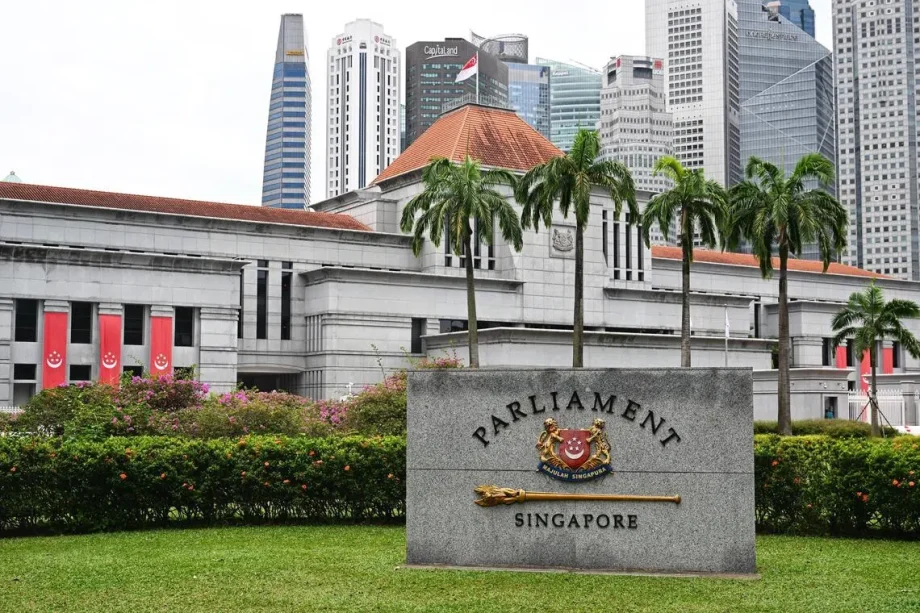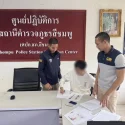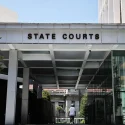SINGAPORE – Coordinating Minister for National Security K. Shanmugam will deliver a ministerial statement on race and religion when Parliament sits on Oct 14.
Mr Shanmugam, who is also Home Affairs Minister, had spoken broadly about the topic at a dialogue at the Asia Future Summit on Oct 9, including on how racial and religious ties affect Singaporeans’ positions on conflicts abroad. He also covered Singapore’s approach to keeping ahead of threats to its cohesion.
A day later, he spoke at the Parish of Christ Church’s 85th anniversary and fund-raising dinner, saying that while
Singapore recognises the role of religion in the community,
it does not bring religion into politics or vice versa.
For the October sitting, MPs have filed 117 questions for the relevant ministries to answer in Parliament during the 90 minutes set aside each session for question time.
Among them are seven questions on how US President Donald Trump’s tariffs on pharmaceutical products will impact Singapore.
Mr Trump had on Sept 25 announced 100 per cent duties on branded drugs imported into the US with effect from Oct 1.






